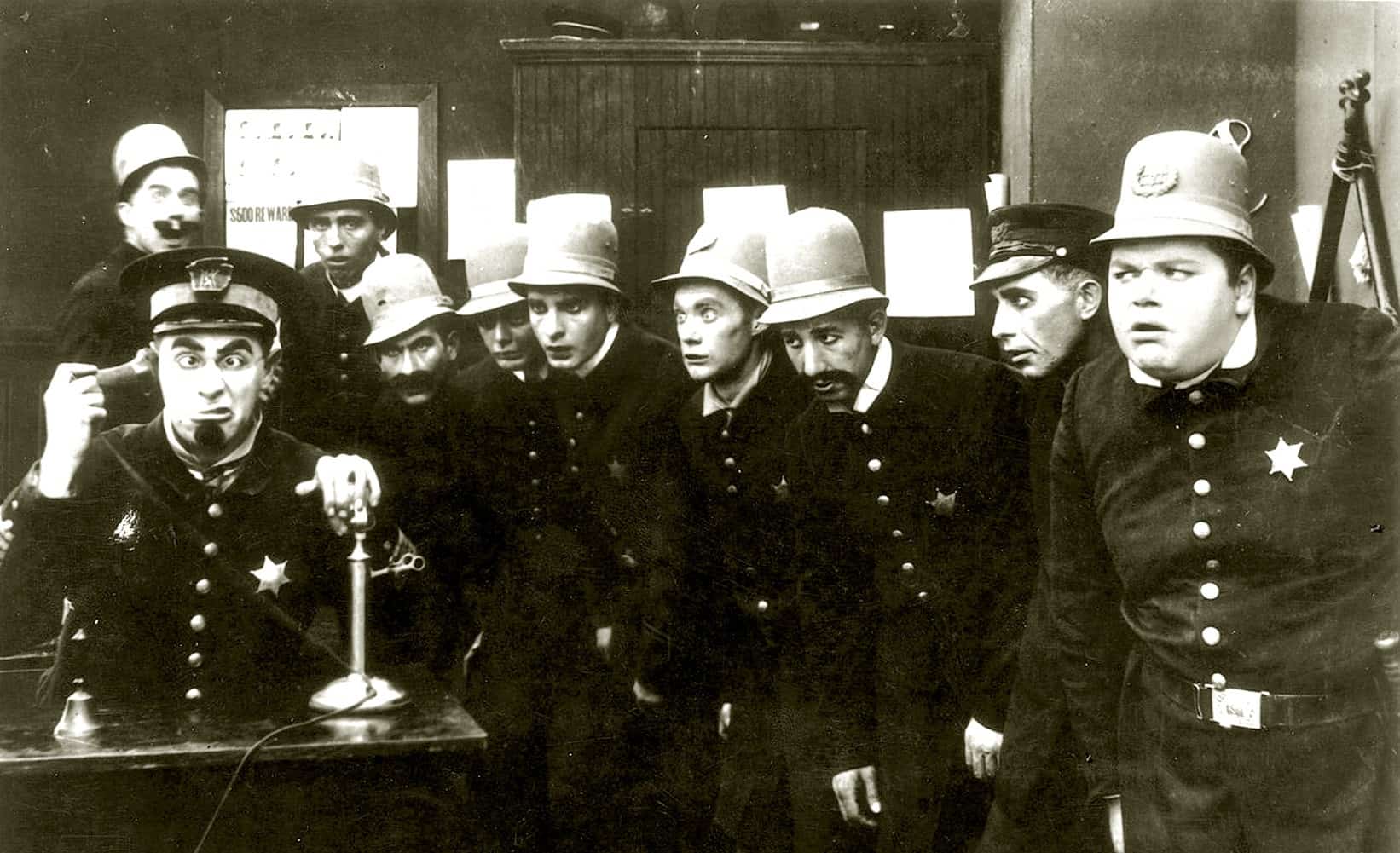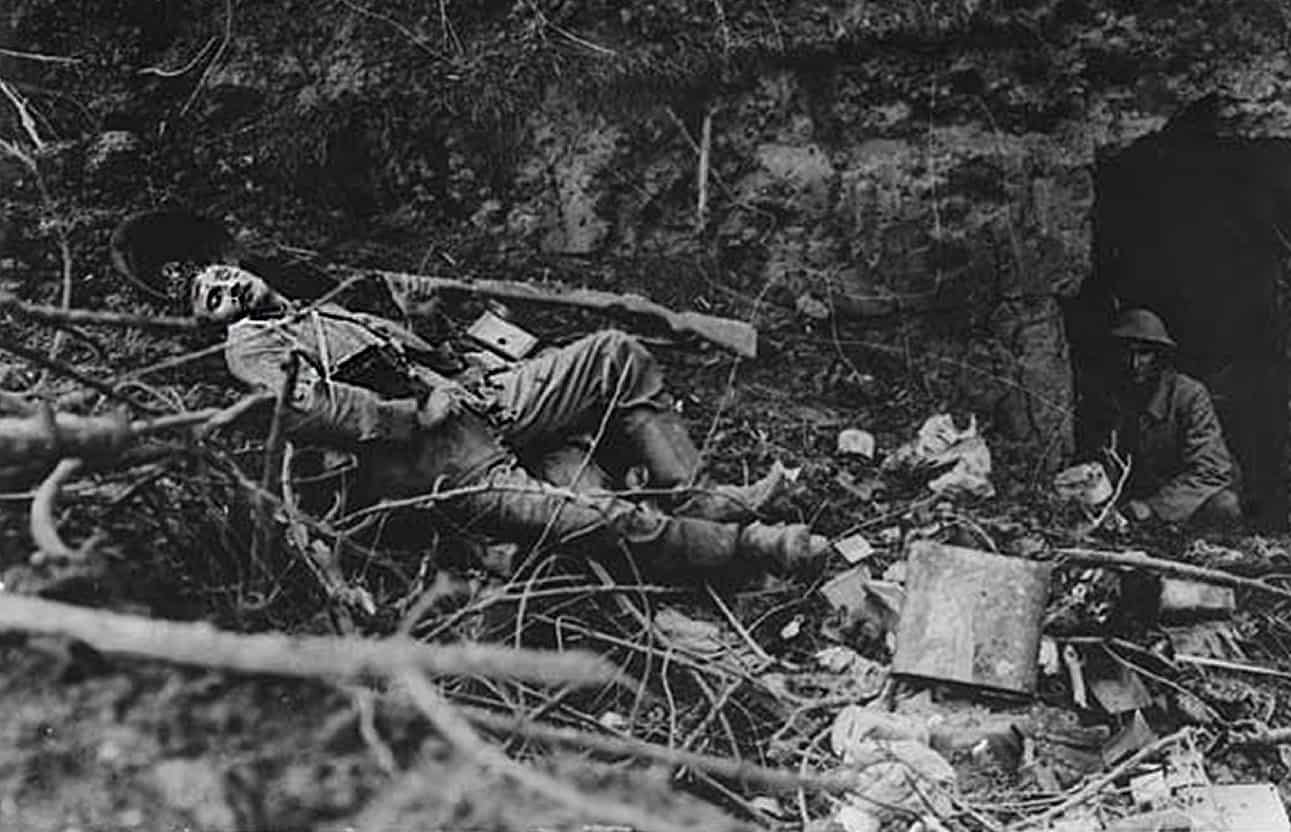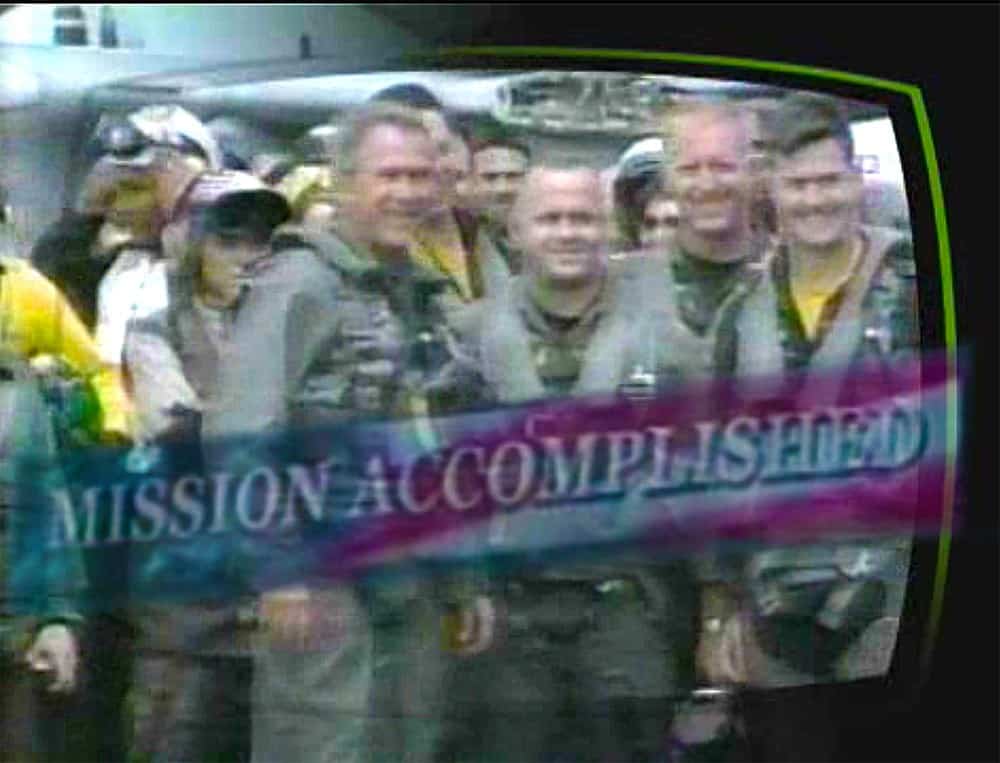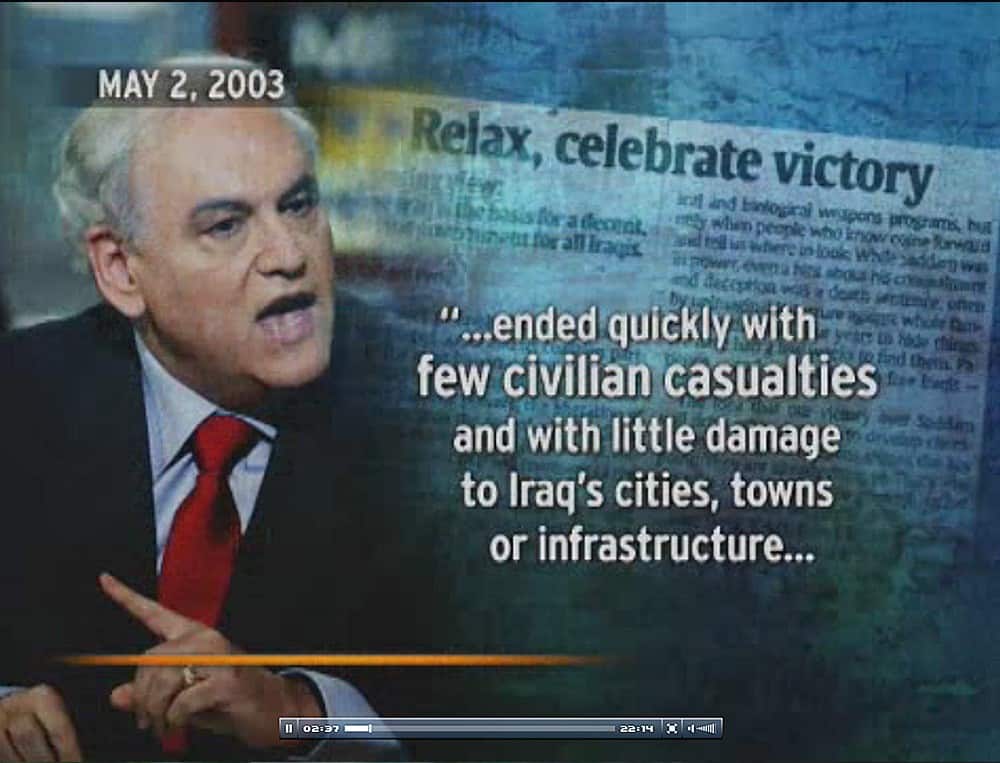M’Kay?
I mean, some drugs are bad. Just bad.
Some drugs are good, like medicine.
Some drugs, well, they’re legal even if they kill you, like cigarettes, or, like alcohol, kill other people you run into. But drugs drugs are just B-A-D. Inherently. In and of themselves. Drugs are morally bad. M’Kay?
After all, drugs cause crime. Drugs cause illness. Drugs cause violence and even death – by overdoses and suicides. Drugs cause the breakup of families and relationships.
Drugs cost the economy billions of dollars a year and strain the health care and welfare systems to breaking point.
Actually, to be more precise, illegal drugs cost the economy billions of dollars a year and strain the health care and welfare systems to breaking point.
So how come drugs like heroin and cocaine cause so much crime and devastation? Do drugs really make good people evil?
Consider that the real cause of all of the crime, illness, destroyed relationships and death is the fact that the drugs are illegal.
The reason drug addicts steal and burglarise is that the drugs cost so much that to buy them they have to obtain the money for them illegally.
The reason for the illness is that the drug addicts are spending all of their money on drugs and not on nutritious food or health care.
The reason for the destroyed relationships is that financial worries, illness and preoccupation with obtaining the drugs compound to make proper relationships virtually impossible.
The reason that people die from overdoses is that because there is so much money in the drugs, dealers can make even more by “cutting” them. They can be cut several times between the original importer and the end user, with a variety of substances. Sometimes the drugs are cut with caustic chemicals. In any case, addicts can’t know how pure the drug is that they are using. When they take their normal dose of a sample that they are unaware is unusually pure, it can kill them.
Why do addicts commit suicide? At least one of the reasons must be that they feel hopelessly trapped in the squalor of a desperate downward spiral from which they can see no possible escape.
Does all this make sense? Well, we know of at least one person who was (is?) a heroin addict. When we heard about her she had a high-flying corporate job at boardroom level. Together, she and her husband were very well off indeed. She had two daughters at an exclusive private school. She was on the school council. And she took her heroin hit every morning before leaving for work. No-one was ever the wiser and it never interfered with her performance at work.
Why didn’t she, too, descend into the hell that other junkies do? The answer is, she could afford the drug. On her income the cost was no big deal at all. She could afford to make sure that the drugs she bought were of consistent quality.
And, anecdotally, she is only one of thousands of similarly effective, perfectly functional heroin addicts in Australia, many of whom are said to be Canberra public servants.
So why are the drugs so expensive? First: because they are illegal; second because there is a strong demand. (To some extent their illegality drives demand; the thrill of the naughtiness, at least in the early experimental stage, can have appeal for rebellious young people.)
The illegality drives up the price. Law enforcement measures make the production and transport of the drugs more and more difficult. Concealment becomes more and more expensive, and the inducements for the producers and couriers need to be big enough for them to be willing to take the risks of death or imprisonment. This pushes up the street price which pushes up the crime statistics. The better the cartels become at hiding their trade, the more the enforcement agencies have to lift their abilities to detect and intercept it. The better the agencies get, the higher the risk and so the higher the price. The better the agencies get, the more limited the supply and so the higher the price.
All of this because “Drugs are bad, M’Kay?” Morally bad. As an article of faith.
Illegal drugs constitute an industry which depends entirely on their illegality. It is in the interests of the drug criminals that drugs are illegal because that is how and why they make such enormous amounts of money.
But it is not a one-sided industry. It is equally in the interests of the enforcement agencies that the drugs be illegal. Their operations have exploded in size in recent decades. Vast empires, both governmental and private, have been built which employ enormous numbers of people all over the world and infuse huge amounts of money into both large and small countries. This money is used to bribe and control tinpot dictatorships and timorous democracies. The war on drugs is used, particularly by the US government, to leverage compliant trade deals throughout the world.
You will not find a drug baron calling for the relaxation of drug laws. In fact they are more likely to be clandestinely buying influence in the corridors of power to tighten the laws. Nor are you going to find their adversaries, the anti-drug czars, expressing an interest in loosening their own powers or reducing the size of their empires.
And of course the amount of money involved leads to breathtaking levels of corruption of both private and government officials, which naturally compromises the quality of governance where it matters most.
For players on both sides it is “a nice little earner”… at the expense of poor people all over the world; stupid poor people in the West, desperate poor people in the third world.
But there is a very nasty side to the illegal drug trade.
In Colombia the cocaine trade funds the FARC guerilla movement’s terror and kidnapping operations. The best way to cripple the FARC would in fact be to decriminalise cocaine worldwide.
In Afghanistan the worldwide illegality of heroin, with its huge market, is what is fuelling and funding the Taliban, resistance to democracy and ultimately world-wide Islamist terrorism. The value of the illicit poppy crops makes it worth the warlords’ resisting the ISAF in Afghanistan. It is in part what leads to the killing of Australian and other nations’ soldiers.
Decriminalising heroin would starve the trade of oxygen.
We are not holding our breath. But any trade depends on supply and demand.
What about demand? This is the truly hard question, the really confronting question.
No trade can survive without demand. The illicit drug trade could never survive if the drugs were merely expensive. People have to want them and want them bad.
So what is it about our society and our culture that so many people so desperately want whatever they get from these drugs?
Don’t know. It probably has something to do with alienation, dehumanisation of our societies and our economic systems.
Perhaps Erich Fromm¹ has a clue:
Could it be that the middle-class life of prosperity, while satisfying our material needs leaves us with a feeling of intense boredom, and that suicide and alcoholism are pathological ways to escape from this boredom. Could it be that…[this is] a drastic illustration for the truth of the statement that “man lives not by bread alone,” and that…modern civilization fails to satisfy profound needs in man?
[ … ]
It is the conflict between two principles of value: that between the world of things, and their amassment, and the world of life and its productivity.
[ … ]
Science, business, politics, have lost all foundations and proportions which make sense humanly. We live in figures and abstractions; since nothing is concrete, nothing is real…Man has been thrown out from any definite place whence he can overlook and manage his life and the life of society. He is driven faster and faster by the forces which originally were created by him. In this wild whirl he thinks, figures, busy with abstractions, more and more remote from concrete life.
[ … ]
… automatons, who follow without force, who are guided without leaders, who make machines which act like men and produce men who act like machines; men, whose reason deteriorates while their intelligence rises, thus creating the dangerous situation of equipping man with the greatest material power without the wisdom to use it.
Whatever, it is not a question that will ever be addressed politically. It is not a question we as a society want to ask, let alone answer, because it would require such adjustment, such effort, such an acceptance of responsibility, such reassessment of who we are that there is no political or social will to address it. Especially when we have our eyes firmly fixed on “the plasma”, or whatever must-keep-up status bauble comes next. And so we will have more of the same and worse.
And we will continue to slump back into the comfort of our self-serving myths.
And we will continue to blame and punish and contemn the poor, stupid, desperate victims, even though in our refusal to abandon our righteousness, in our refusal to see things as they are, and in our refusal to tackle the real questions, we make ourselves the true and self-inflicted victims.
M’Kay?
¹Erich Fromm, The Sane Society










